Commercial Lending
We care, to ensure you get the best loan for your business.
We bring financial corporate clout to business communities across Australia
Need a business loan, commercial finance?
We offer specialist skills, built up over many years of Commercial Banking experience. Therefore, we offer more than your typical mortgage or personal lending broker. Whether you need finance for new equipment, increase working capital or fund business activities, we make the process easier by guiding you to the best solutions for your circumstances.
Purchasing a commercial property?
There are two ways to fund a commercial property – securing a mortgage over the commercial property, or using your residential property to gain a cheaper deal. You can also buy your own office, factory, or warehouse through a Self Managed Superannuation loan. We can save you time, assisting you in this process.
Leasing Finance, longer-term business finance
Do you need to buy machinery (including vehicles) or equipment for your business? We can work with your accountant and/or chief finance officer to ensure we get the right funding solution and pricing, so your cash flow and tax strategy continues to work effectively.
Funding required for business growth?
Short-term business loan benefits for your business can include; funding gaps in working capital, or assist your business expansion into import/export markets, a new product line, or manage costs during seasonal demand changes in the business. Finance solutions here may include an overdraft, business credit card or invoice/debtor financing.
Make the right financing decisions
Our commercial lending services and business loans cover a broad range of services to assist your business. These include; buying commercial property, business mortgages, funding business growth, leasing finance, agri business, importing/exporting and overdrafts.
AAP Finance Brokers is built on finance experience, trust, and transparency. We will only work with true experts within the financial services industry, and we outline how all our fees and commissions work upfront. Our Partner network of finance brokers have 200 Years of shared international and local banking and finance experience.
We are not owned by any major financier; therefore, we always act in your best interests. In addition to great brokering service, it is important that we improve your own financial literacy, because becoming more financially savvy will support business sustainability.
Is it time to refinance your business loan?
It’s worth reviewing your existing finance. We can do a free lender comparison to ensure you are getting the best deal, potentially saving you money in the process.
I recently purchased a home and had the absolute pleasure of working with Lisa from App Finance Brokers. From the very beginning, Lisa was incredibly helpful—not just with the finance side, but even during the house-hunting process. She went above and beyond, always available to answer my questions and provide guidance, even after hours in the evenings. Her responsiveness, professionalism, and genuine support made what can be a stressful process feel smooth and manageable. I couldn’t have asked for a better experience.
Thank you, Lisa
you’ve been amazing!
At the core of our experience with Tony was an unwavering sense of clarity and support. From the very first conversation, he brought not just expertise, but genuine understanding. Tony helped us make sense of the process, addressed our concerns with patience and honesty, and gave us the confidence to finally take the leap.
Thanks to Tony's guidance, we secured a fantastic refinance and finally began the renovation project we had only talked about for years.
Thank you Tony & Team
Then there's Anthony. He's not just good; he's genuinely phenomenal. Working with him has been an absolute revelation. Honestly, whatever curveball gets thrown our way – and in the world of mortgages, you know there are plenty – Anthony just handles it. His experience and deep knowledge aren't just words on a CV; they're the tools he expertly uses to navigate the most complex situations with what seems like effortless skill.
Seriously, in both my professional and personal dealings, I can say without a shadow of a doubt that Anthony is the best advisor I've ever encountered. And the fact that he'll still pick up the phone and put in serious work for us, even while he's supposed to be on vacation? That's not just going the extra mile; that's a whole new level of 'customer first.' It speaks volumes about his dedication.
So, if you're looking for a mortgage, do yourself a massive favour and talk to Anthony. He's not just a recommendation; he's the benchmark. Trust me on this – you won't find better.
Tony is so friendly, efficient and really knows his stuff. Thankyou Tony and team we would recommend to to anyone.
Thanks Steve!
Thanks Tony!
Tony assisted us with refinancing our loans which were a mix of both personal, business and commercial lending. Tony's help with navigating the complexities of these loans was invaluable and his tenacity in achieving a great outcome for us quite remarkable. I have also really enjoyed our time working together as he is just a great guy to deal with. I would highly recommend AAP to anyone; I cannot speak highly enough.
Thank you, Tony and team!
I can't say enough good things about our experience with Tony at AAP Finance Brokers. As first-time homebuyers, we were a bit overwhelmed, but Tony made the entire mortgage process smooth and stress-free. From the very beginning, he was incredibly knowledgeable, patient, and easy to work with.
Tony took the time to explain everything in detail, answering all our questions and guiding us through each step. We really felt supported throughout the entire journey. Thanks to Tony, we are now proud homeowners!
If you're looking for a mortgage broker who genuinely cares about their clients, look no further. Highly recommend!
This was my first time using a finance broker and my experience with Steve has restored my faith in the finace sector.
He was very professional , knowledgeable and helpful, explaining my best options to make my vision a success.
I strongly recommend using Steve at AAP Finance Brokers Illawarra.
My wife loved Tony's thoughts of why reduce the mortgage when you have been successful so far - Borrow more I say -
Thanks Tony
Cheers Ian and Melissa
Thanks for everything
Chris and Steve
A positive experience!
Brett remained dedicated to our case from start to finish, ensuring that we could easily reach out to him whenever needed. Communication with Brett was consistently excellent. He consistently went above and beyond to address every issue and concern we had regarding our loans. We cannot express enough gratitude to him for guiding us over the finish line! We are thoroughly impressed with Brett's service and extremely content with our new loans! Thank you Brett 🙂
After starting the process to initially refinance and pull out equity with our existing lender back in feb, our business banker kept changing the goal posts. Frustrated I emailed Steve. He called me that afternoon and discussed our needs. Before we knew it the application had been submitted and approved with another lender. A very happy customer and highly recommend as a broker!
He was professional, knowledgable and eager to see me achieve my goals.
Drawing on his years of experience he was able to secure a loan that was well suited to the objectives we discussed.
Glen was easily contactable and kept me updated throughout the entire process, from application until settlement.
I would highly recommend Glen and the team at AAP Finance Brokers to anyone.
I look forward to working with him in the future.
Many thanks Glen!!!
His unique skill set and knowledge from working over 30 years in banking and finance helped clarify any questions or queries that we had.
I highly recommend Glen for anyone looking for a home loan broker that is informative, responsive and approachable. 5 stars all the way!
From the outset Glen was professional and prompt in his responses and follow ups. Our loan criteria wasn’t exactly straight forward but he made it so easy for us.
When we found a property we liked we ran into some delays from a preferred lender, but Glen had plan B ready to go and got just as good a deal over the line in a couple of days with a new lender.
Will use again and will recommend to friends and family!
If you're seeking a reliable and skilled mortgage broker, Steven is undoubtedly the one to trust .
Thank you Mitch for helping us purchase our first home.
Mitch responses quickly, is reliable, knowledgeable & was able to point us in the right direction in many different ways for buying our first home.
We could not have purchased our home with without his expertise.
Mitch is also a really nice man.
Thank you Mitch, I would highly recommend him to anyone.
5 stars! ⭐️
Thank you
Keahana & Brandon
Steve demonstrated unparalleled professionalism and expertise throughout the entire journey. He took the time to understand our financial goals, preferences, and unique circumstances. With his extensive knowledge of the market and loan options, he presented us with a range of suitable choices tailored to our specific needs.
Thanks to Steve’s expertise, we successfully secured our second home loan, and we couldn't be happier with the outcome. He truly exceeded our expectations in every aspect of their service. We are grateful for his unwavering support, professionalism, and integrity.
Thank you once again for everything you have done for us!
Being self-employed always proves to be a challenge however AAP went above and beyond to ensure my needs were met.
They are a standout choice for anyone seeking a mortgage. I wholeheartedly recommend them to anyone looking to navigate the complexities of finding the right mortgage with confidence and peace of mind.
Thank you AAP
He has even had success getting SMSF loans approved or refinanced when others have avoided them in the past.
I always recommend my clients talk to Steve when thonking about applying for a loan.
Ian and Danni, Bellambi NSW
He has a lot of banks in his arsenal to chose from which he will find the best deal for your circumstances. Not only a good broker he is a good upfront bloke. I highly recommend you give him a go.
Happy to recommend Steve ( and have already done so on several occasions) and look forward to having Steve continue to help us . Jenny and Theo
Thank you again 😊
Natalie
Great personal service 😀
He made everything easy to understand from house hunting through contracts and than settlement, Steve has excellent communication and reply times and was always happy to answer any questions we had.
Going through AAP was all around a fantastic experience.
Not only was a great competitive rate achieved, the service was friendly and professional.
Building is a stressful process with lots of ups, downs and curve balls thrown in along the way, having Glen look after the financing of our build in such a personalised way (he was only ever a phone call of email away) removed any stress about this element of our project.
We could not recommend Glen any more highly.
AAP Finance Brokers
More Than A Mortgage & Personal Broker

Agri Business
We can link into Agri specialised lenders to meet your financing requirements. This includes finance for machinery leasing through to an SMSF loan to purchase a rural property.
Business Services
We have the working capital expertise to help your business grow. We help you with business strategy and planning, along with risk and control management. Afterall, we don’t advise debt if the risk will override the benefit for your business.

Guidance
As your mortgage broker, we show you how the home loan purchase and process function. We remove jargon and help you be aware of your current position so we can choose the most suitable loan for you. Download our easy step guide of the home loan process.
Help yourself to our online calculators that can be useful in planning your finance.
Have you run the numbers?
60+ Lenders
200 years of shared Banking & Finance experience
2,000+ Products to choose from

































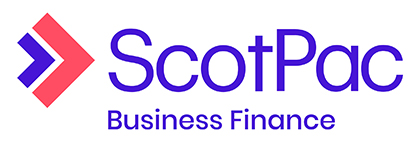
















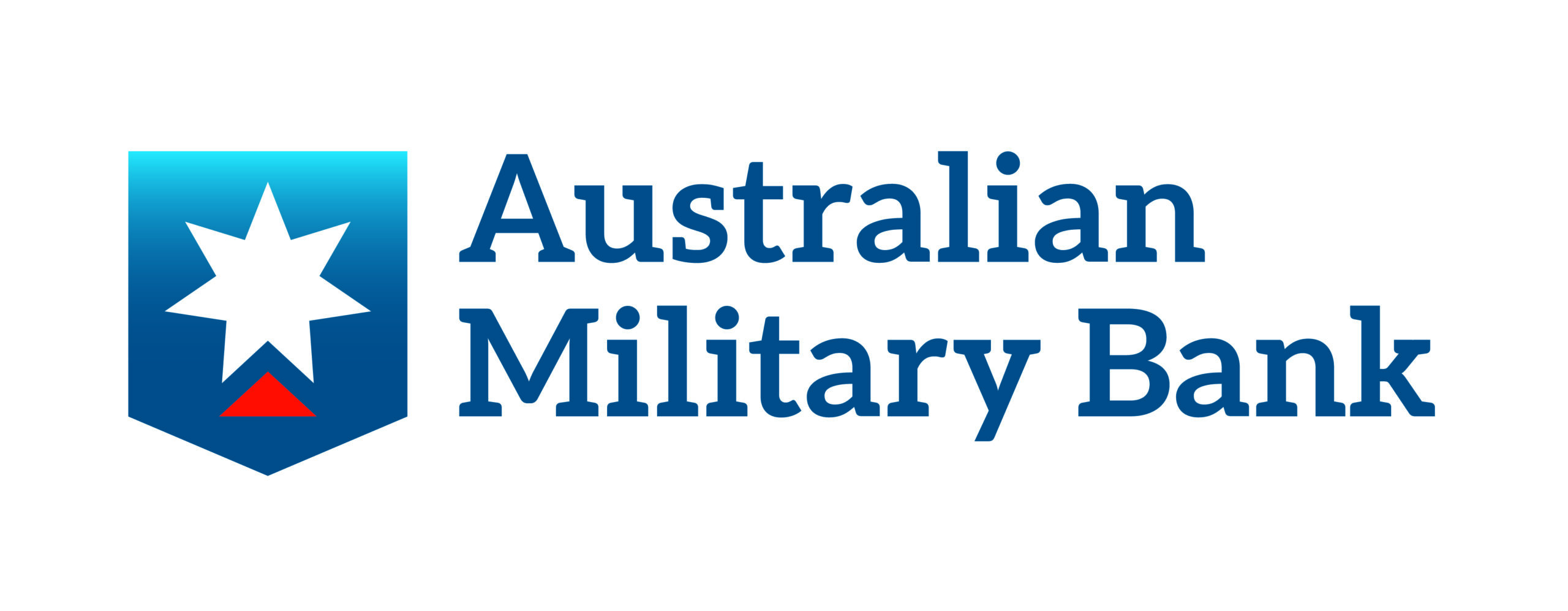
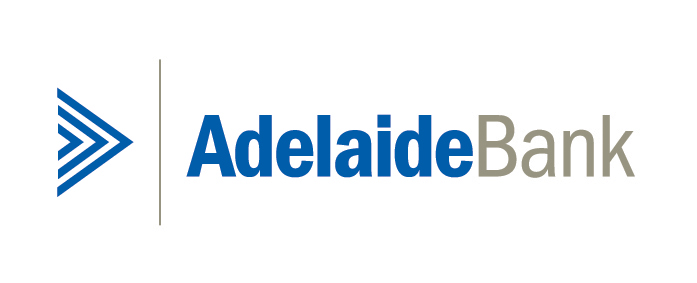




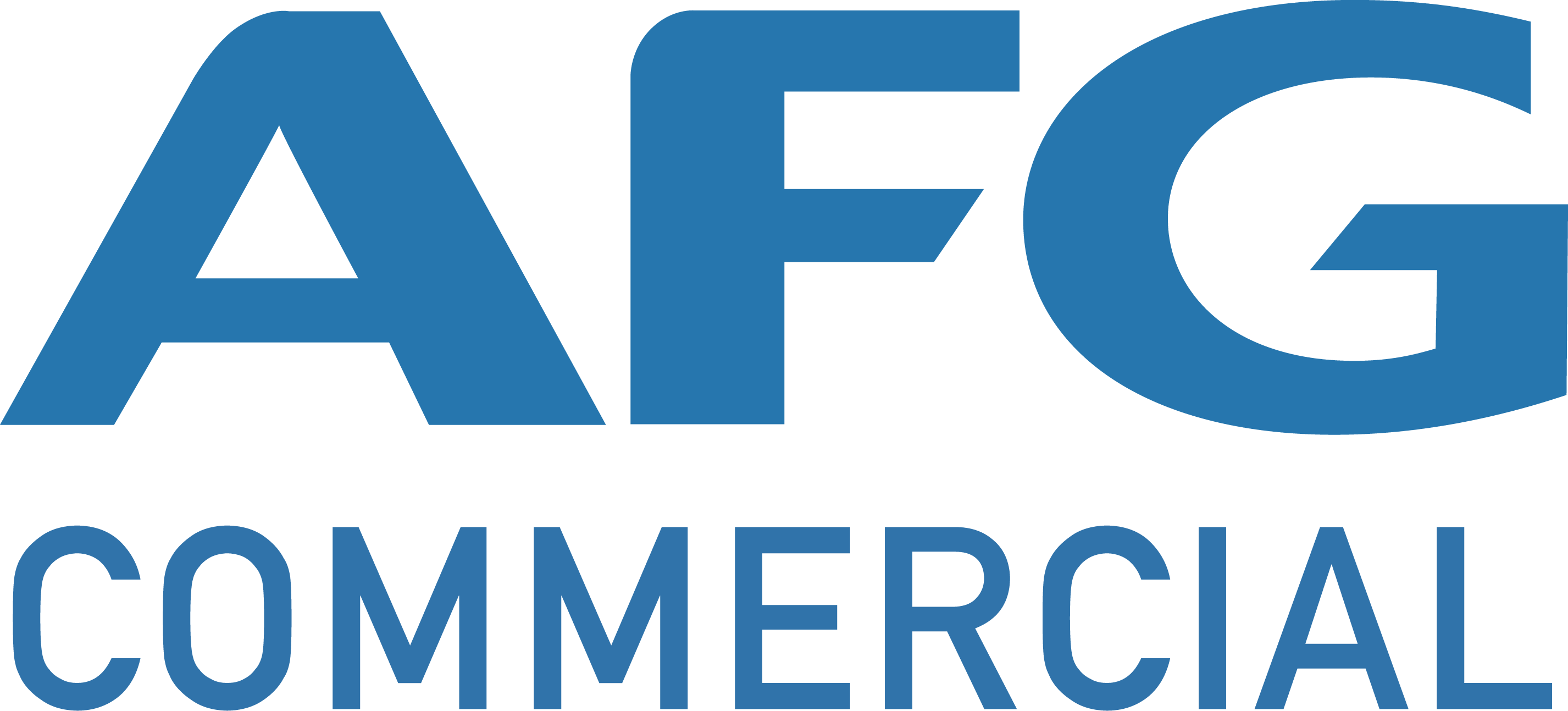








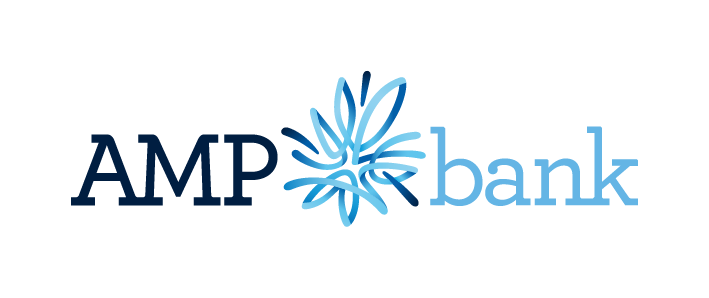



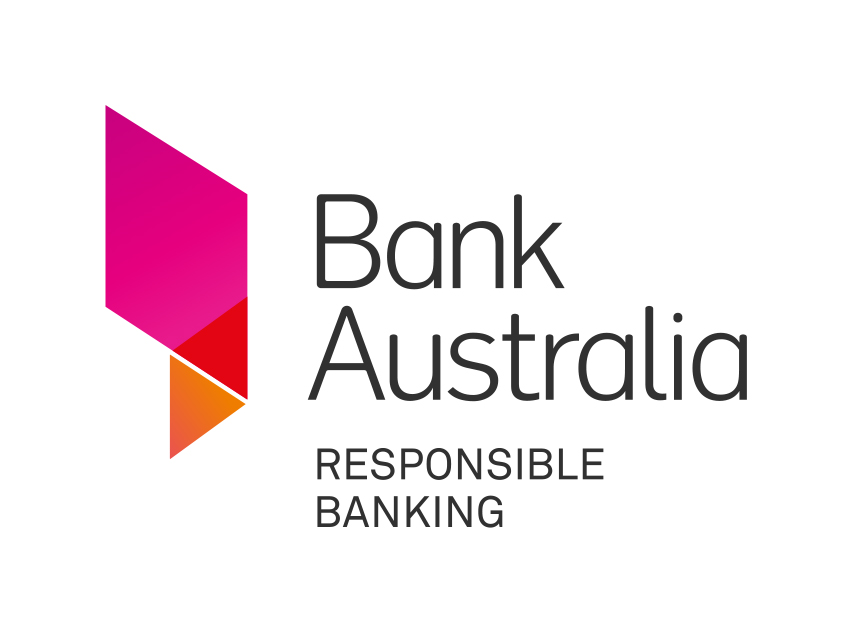







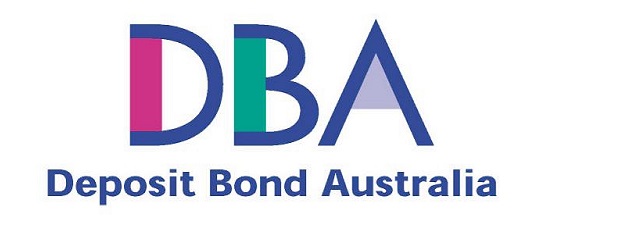




Our team are located across NSW currently including Sydney,
Central Coast NSW, Sutherland Shire, Northwest Sydney, Wollongong, Illawarra region, Bathurst, and Tamworth. Our services are accessible across Australia.
Find a finance broker near you
Frequently Asked Questions about finance for your business
AAP Finance Brokers FAQ’s
When providing finance or key advice we first must understand your business. We offer specialist skills, built up over many years of Commercial Banking experience that differentiate us from a mortgage or personal lending broker.
Our services include:
- Face to face meetings, whether that is at your home, business premises, or at our office. Just let us know what you would prefer.
- We would prefer that the initial meeting take place with your accountant, so we can understand the type of tax structures and financial information that is needed to make the right funding choice.
- A full Teams, Skype, Wechat, WhatsAp, Zoom or FaceTime (Mac Only) call service, to save you time and money.
- Evening or breakfast appointments (depending on location) because we know how hard it is to meet with you during your busy day. We also are open Saturday’s if those suits.
- We like to obtain a minimum of 3 lending options, depending on the strength of the businesses financial position over the past 2 years.
- Direct email and mobile telephone access. There are always questions when going through the finance process, and there is no such thing as a dumb question! We will always try to respond to your questions within 24 hours of asking and if we can’t get the answer within this time we will let you know and advise an estimated resolution time.
- A stress-free experience once you have decided to go with the right lender. We will look after all the rest until settlement and give you estimated process times along the way, based on what our lender advises us.
- To process your loan quickly and efficiently. However, as we are a brokering business, all lenders are different in how they process their loans. As a rule any straight forward or simple loan proposal can take up to 4-6 weeks from the time your application is submitted. For more complex transactions you should allow for a further 2 weeks.
- A minimum twelve-monthly review of your overall business position.
Fees and Commissions
When reading our business service offering, please keep in mind how we earn our fees and commissions.
Commercial Lending FAQ’s
Overdrafts
These are products that provide a line of credit linked to your day to day business account.
Trade loans for importing / exporting
Trade loans help you bring goods into the country and allows to fund your services and products overseas.
Invoice or Debtor Financing
Fund your business working capital needs via your established debtor book.
Business Credit Cards
Keep track of your business expenses through allocated credit card limits for you and your employees.
Commercial Property Loans
Need a loan to buy your own business premises or warehouse? There are a range of products to help you decide.
Business Mortgages
Obtain cheaper finance when buying commercial property by using residential security.
Leasing a vehicle
Purchasing motor vehicles for you or your employees? There are many ways to do this.
Business Equipment Finance
A great way to fund your truck, tractor or piece of machinery that also can be tax effective.
Business mortgages are loans used to buy commercial property or fund equipment purchased and secured by residential property.
The benefits of taking out a business mortgage are:
- provides lower interest rates and fees then a standard commercial property backed mortgage
- you can lend up to 80% of the value of the property where most commercial property backed loans attract between 65% and 70%
- longer terms of up to 25 years are available allowing lower repayments
- offers flexibility in your repayments – interest only, principle and interest, and split loans
- loans can be structured to suit your taxation requirements, for example a mortgage can be established through a company or trust structure.
Across Australia, investors seeking stable, long term returns in volatile markets, are now looking at commercial real estate.
Commercial Property Loans work the same way as a typical mortgage over a property, where the lender provides funding secured by the commercial property.
There are some key differences to that of a typical residential real estate mortgage:
Commercial Property loans have a lower lending value ratio, typically between 65% and 70% of the property value. The reason is that these properties take longer to sell and as a result are deemed a “higher risk” then your home or investment property.Due to this risk, they attract higher interest rates and associated regular fees.
A loan application or approval fee is higher and can attract up to 0.75% of the lending amount.
Assessment of the loan is based on a range of items – business profit and loss statements, length of lease conditions, and personal tax returns.
The benefits of taking out a Commercial Property loan are:
- You can structure the debt to suit your tax structure – company or trust name, superannuation fund or personal name.
- Interest and Fees are normally tax deductible.
- You can borrow in a Self-Managed Super Fund.
- There are options to go interest only, fixed, or variable rate, loan split or principle and interest.
There are many benefits of owning commercial property as an investor or as a business owner.
Landlords of commercial property achieve higher yields, longer leases, and have more power when it comes to dealing with troublesome tenants. As a business owner you can structure the property in a personal trust entity or Self-Managed Super Fund Borrowing to capture the tax minimisation opportunities that can be created.
This is the most common type of product for a business to fund it’s working capital position. We all know that in most cases there is a gap between the time we need to purchase goods and the time we receive payment for those goods. An overdraft funds this gap.
Overdrafts should operate on a fully fluctuating basis, i.e. the overdraft should continually fluctuate from a credit to a debit balance. Lenders use average balances, “days in overdraft” and “days in credit”, to help them understand the working capital needs of the business. This is particularly important for a banker to determine if a business is growing or slowing, and then to match the right working capital product and solution for your business.
These products tend to be more expensive compared with a commercial loan or business mortgage as they are very flexible given the fluctuating nature of the overdraft, and that you only pay for what you use. Overdrafts also incur regular ongoing fee’s and charges which can be considerable over a 12 month period.
The benefits of taking out an overdraft
- You only pay interest on the amount you use.
- They work well for seasonal requirements providing a buffer should you win more contracts or your business is expanding.
- Linked to the business cheque account, there is no need to transfer money from one account to another.
- They give you flexibility for your day to day working requirements.
For many businesses, paying for, or receiving payment from overseas goods and services is usually transacted through telegraphic or wire payments where the international party to the transaction requires payment up front before goods are shipped. This can be difficult in managing your cash flow given that terms can be less flexible. By taking up trade finance arrangements may help alleviate this.
AAP Finance Broker, Tony Haworth has 6 years’ experience working in Asia, therefore we can assist with linking you into the right specialists in this area if you are operating within the Asia Pacific region.
Export & Import Trade Finance Loans
A trade finance loan is an advance denominated in either domestic currency or the foreign currency of the payment obligation, enabling exporters/importers to finance their trade commitments on a transactional basis. A trade finance loan must be subject to a genuine underlying trade transaction evidenced by appropriate trade documentation.
Bank Guarantee
A bank guarantee is an agreement by the lender to pay a specified amount on behalf of you, the business owner to a specified third party (principal). This enables you to enter trade or financial arrangements without the need to outlay cash (or security) to satisfy conditions dictated by a trade or financial contract.
Standby Letters of Credit
Standby credits are payment guarantees, by the lender, to a beneficiary. This product is requested by a seller or a service provider as support for another transaction. It can only be activated in case of non-performance or default of the underlying transaction.
Documentary Credits
This may be defined as a formal undertaking, issued by a lender, engaging to honour drawings provided certain requirements, which it contains, are complied with. Typically used by buyers and sellers that are yet to establish a strong relationship. The buyers usually require a prearranged documentary credit facility with their bank.
Bid Bonds
It is common business practice when tendering for large capital projects or services, that the tenderer will require a bid bond, giving both your business and the tenderer comfort that the ability to fund the work will be undertaken.
Performance Guarantees
Most capital works projects or service contracts put out to tender require the successful tenderer to lodge a Performance Bond after being awarded the contract. The Performance Bond is an indication that the applicant company has the necessary skills and capabilities to carry out the required work and comply with the agreed terms and conditions of the contract.
Structured Trade Finance
Structured Trade Finance (STF) is a specialised activity dedicated to the financing of high value commodity flows.
STF transactions are structured around the supply chain and commercial terms of customers, and are used largely in the commodity sector by producers, processors, traders, and industrial end-users, and include:
warehouse financing (finance of commodity inventories)
borrowing base financing (finance of working capital assets on a revolving basis)
tolling/processing (finance the conversion or processing of raw commodities into value added products) pre-export (prepayment) finance (medium to longer term requirements).
Business credit cards are a great way for small businesses to operate off an unsecured working capital line whilst at the same time allows you have an itemised expense account without doing all the work yourself. In some cases these cards can be linked to frequent flyer programs allowing you to use points for your next business trip.
Business credit cards operate similar to that of a personal credit card, only that additional card holders can be your employee’s and each can have a dedicated spending limit. As with all credit cards you need to be disciplined and ensure the card is fully paid off at the end of each month.
The benefits of a business credit card are:
Obtain interest free credit for terms of between 30 and 44 days.
Allow you to give your employee’s flexibility if they need to deal directly with suppliers or are travelling on business.
You can have an itemised account for all card holders that you can track monthly.
There are opportunities particularly for a “Mum and Dad” operation to gain frequent flyer or other awards through ongoing business spending.
Leasing is another form of finance offered by lenders when purchasing motor vehicles, trucks, vans, tractors, forklifts and other types of vehicles used in your business.
There are several different ways in how a lease is arranged, and if you are thinking about going along this path, your first point of call would be to contact your accountant to explain the different types of tax treatments for each product.
- the ability to manage your cash flow as you don’t have to tie up your day-to-day cash flow.
- the vehicle being purchased is normally sufficient security for the finance, so your other business assets are not required by security.
- Loan repayments can be arranged over terms of 1-5 years although some finance company’s can offer longer terms.
- Balloon payments can be arranged at the end of the leasing term to further reduce leasing repayments.
- Interest rates are fixed once your contract starts, giving your business certainty when it comes to forecasting and managing budgets.
Business Equipment finance is primarily used to buy trucks, machinery, forklifts and excavating equipment for your business. Finance can either be in the form of a finance lease, hire purchase loan, an operating lease or through equipment finance such as chattel mortgages or bills of sale.
Before you decide which is the best option for you, it is best to consult your accountant as they will determine the right tax structure for this type of finance. We can work with your accountant and/or chief finance officer to ensure we get the right funding solution and pricing, so that your cash flow can continue to work efficiently.
The types of business equipment finance include:
Finance Lease
Just as with funding motor vehicles, this type of leasing can provide finance for equipment without having to provide an upfront deposit. Interest rates and repayments are fixed over terms of up to 5 years.
Hire Purchase
A Hire Purchase agreement is a contract between the lender who is deemed the ‘Owner’ and your business, also called the ‘Hirer’. The Hirer has the right to possess and use an asset and the right to acquire ownership of the asset by making progressive payments.
Operating Lease
An operating lease is an agreement between your business and the lender to rent equipment for use for a fixed period. At the end of the lease, simply return the equipment to the lender, without the liability of a residual value.
This type of leasing arrangement is an efficient and cost-effective strategy if you are continually upgrading your vehicles and equipment or if you want to rent rather than own your asset.
Equipment Loans
If you need to buy equipment for your business, an equipment loan provides financing for the full cost with repayments fixed for the life of the loan. You own the equipment, and the Bank takes a mortgage over the equipment as security.
- Allows you to free up your cash flow as you can purchase the full value of the equipment.
- You can manage your cash flow for budgeting and forecasting knowing what your exact payments are.
- The option to determine how you want payments to be made and over flexible terms.
- They can be tax effective depending how you structure the debt.
Quick Guide Downloads
Need Finance?
Find out your maximum borrowing capacity and the loan products that best suit you.

